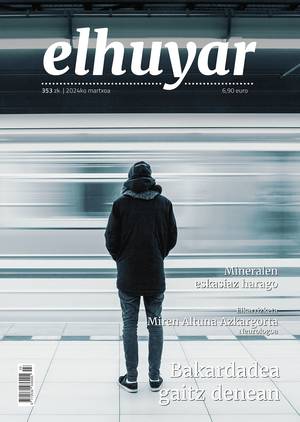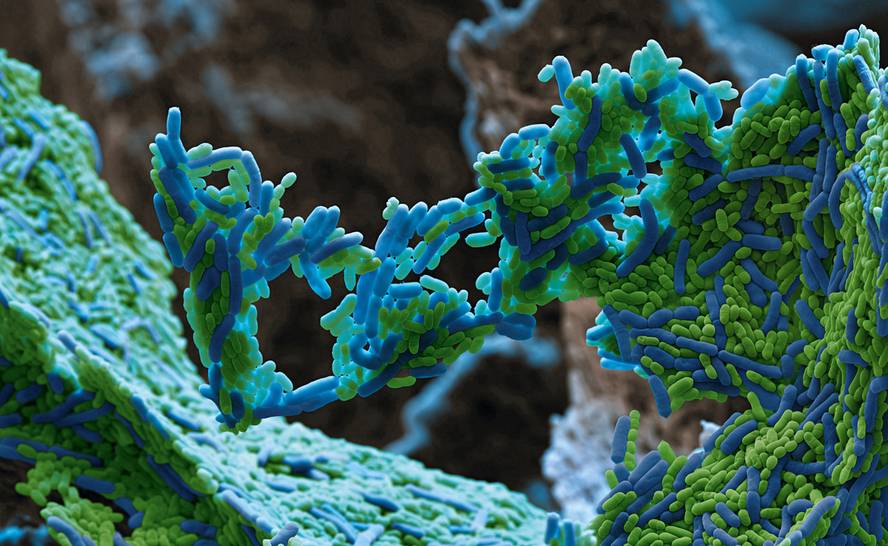They eliminate the belief that in the body we have ten times more bacteria than the cell
Many times it is said that in our body we have ten times more bacteria than human cells. Well, according to a new study, that proportion is quite far from reality. The new calculations published by Israeli and Canadian researchers at the BioRxiv threshold indicate that the proportion between bacteria and human cells is close to 1:1, that is, the figures are very similar.
The calculations have been made using data from other studies. A reference person of 70 kg, 1.7 m and 20 to 30 years estimates an average of 30 billion human cells and 39 billion bacteria. Most of the human cells are made up of red blood cells, around 90%. As for mass, almost three quarters of the mass of all cells corresponds to muscle and fat cells.
The belief that we have 10 times more bacteria than cells comes from an estimate made by microbiologist Thomas Luckey in 1972. However, according to this new study, Luckey's calculations were very exaggerated in the number of bacteria. For example, researchers have stressed that Luckey played far above when calculating the number of intestinal bacteria. He considered that in one gram of feces there are 0.1 billion bacteria, which extrapolated to the entire digestive tract and estimated that in the intestine we have 100 billion bacteria. Now, however, researchers have taken into account that the bacterial concentration is very different along the digestive tract; most live in the colon. In addition, data from recent studies indicate that there are also fewer bacteria in the excrement samples than Luckey thought.
After all calculations, it has been concluded that bacteria and human cells are in a ratio of 1.3:1. Uncertainty and variability have also been recognized, but they are convinced that the actual proportion is far from 10:1.






